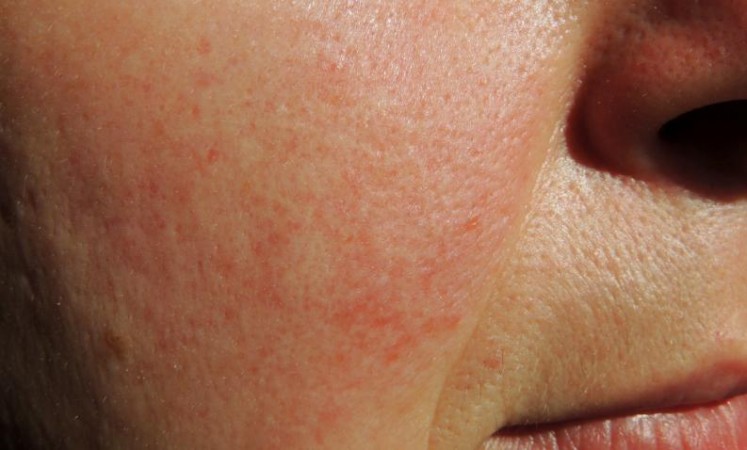
When it comes to our skin's health, vigilance is key. Rosacea, a common skin condition, can sometimes sneak up on us. By recognizing its warning signs early on, we can take proactive steps to manage and treat it effectively. In this article, we'll delve into the subtle indicators that might signal the onset of rosacea, helping you stay ahead in your skincare journey.
Understanding Rosacea
Before identifying the warning signs, let's grasp what rosacea is. It's a chronic skin condition characterized by redness, visible blood vessels, and sometimes, small red bumps. While the exact cause remains uncertain, factors like genetics, sun exposure, and even certain foods can trigger or worsen rosacea.
The Warning Signs
Identifying Triggers
Understanding what triggers your rosacea is crucial for managing it. Common triggers include:
Seeking Professional Help
If you suspect rosacea, consulting a dermatologist is essential. They can accurately diagnose the condition and recommend a suitable treatment plan tailored to your needs. This might involve topical creams, oral medications, laser therapy, or a combination of these approaches.
Recognizing the early warning signs of rosacea empowers you to take control of your skin's health. By understanding the symptoms and triggers, you can make informed decisions to manage and alleviate the condition's impact on your life.
Homemade hair masks for hair loss prevention